2023 Excellence Award Winners
We are pleased to highlight the 2023 Excellence Awards winners. Awards are divided into six categories: Future Stewards, Educators, Individuals, Organizations, Projects, and Sustainability Activities. Awards were presented at the 2023 Digital Preservation conference.
Read on to learn more about this year’s awardees!
Future Stewards
Future Stewards are recognized as students and early-career professionals or academics taking a creative approach to advancing knowledge of digital preservation issues and practices. This year’s awardee in the Future Stewards category is Sophia van Hoek.
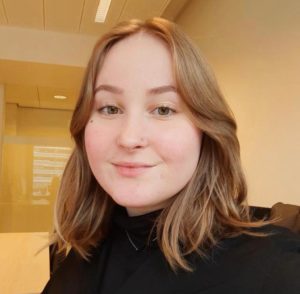
Sophia van Hoek recently graduated at the Reinwardt Academy (Amsterdam University of the Arts) for her BA in cultural heritage and archival studies. Her thesis research asked how the National Archives of the Netherlands can responsibly reduce the ecological impact of its IT and data storage without sacrificing digital sustainability. Green archiving is a relatively new topic within digital preservation. Sophia’s research can be seen as a practical elaboration of theoretical solutions already proposed. In addition to providing information directly relevant to the National Archives of the Netherlands, Sophia created a Green Digital Manifesto and step-by-step plans for any organization wishing to implement more environmentally sustainable digital preservation practices. As a nominator stated, “Sophia is a true ambassador for this topic and for the broader field of digital preservation.”
Congratulations, Sophia!
Educator Awards
The Educator Awards recognizes academics, trainers, and curricular endeavors promoting effective and inventive approaches to digital preservation education through academic programs, partnerships, professional development opportunities, and curriculum development.
This year’s awardee in the Educator category is Ashley Blewer.
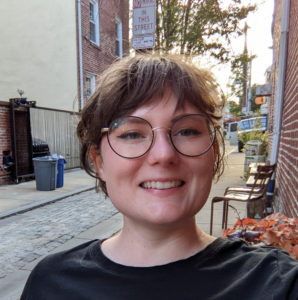
Ashley Blewer (she/her) has been actively creating and contributing to digital preservation educational initiatives for over a decade. She strives to create open educational resources that demystify digital preservation practices and tools. Through professional positions, Ashley has created software and documentation for tools like AtoM, Archivematica, QCTools, MediaInfo, MediaConch, BWF MetaEdit, and DVRescue. Additionally, she has dedicated significant personal time to create dozens of online guides, educational blog posts, training materials, and interactive websites that support digital preservation education and are freely available. Some of these initiatives include resources for the identification of media formats (Media Format Guides), documentation of problems with digitization or digital transfer of media materials (A/V Artifact Atlas), supplemental documentation for difficult-to-understand tools (MediaInfo Parameter Definitions, ffmprovisr), and websites that support the use of digital preservation software (XML validators for PBCore and Archivematica, Collection Management System collection, Minimum Viable Station). Through these distinct efforts, she seeks to facilitate educational opportunities that are more accessible to beginners and supportive to practitioners throughout their careers.
Congratulations, Ashley!
Individual
Individuals are recognized for making a significant contribution to the digital preservation community through advances in theory or practice. This year’s awardee in the Individual category is Stephen Abrams.
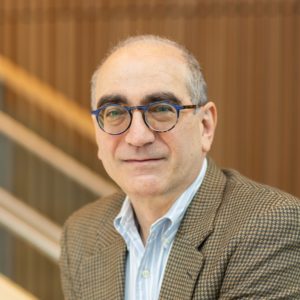 Acknowledged as a “Digital Preservation Pioneer” by the Library of Congress, Stephen Abrams emerged as an early digital stewardship trailblazer and leader. Since the 1990s, his contributions – both practical solutions and theoretical principles – have propelled our field forward and his ability to forge partnerships and surface opportunities has brought to fruition tools and standards our field has used for decades. In the early 2000s, he helped develop the archival PDF format PDF/A. During that time, he also helped design the first instantiation of the file format identification and characterization tool JHOVE, subsequently leading projects such as JHOVE2 and Cobweb, a web archiving registry.
Acknowledged as a “Digital Preservation Pioneer” by the Library of Congress, Stephen Abrams emerged as an early digital stewardship trailblazer and leader. Since the 1990s, his contributions – both practical solutions and theoretical principles – have propelled our field forward and his ability to forge partnerships and surface opportunities has brought to fruition tools and standards our field has used for decades. In the early 2000s, he helped develop the archival PDF format PDF/A. During that time, he also helped design the first instantiation of the file format identification and characterization tool JHOVE, subsequently leading projects such as JHOVE2 and Cobweb, a web archiving registry.
Aside from these tools and standards, he was also an architect in one of the first in-production digital preservation repositories (the DRS at Harvard Library), which was initially launched in 2000. Returning to Harvard in 2018, he secured major grant funding to completely re-think a digital preservation infrastructure for the next generation – ensuring the outputs were shared with the greater community and not simply created within an academic silo.
Stephen possesses creative thinking and diplomacy skills which have been key in forging alliances across organizations, such as the PDF Association, the Digital Preservation Coalition and others. And as his nominator wrote, “Stephen is always looking for opportunities to usher in and advance future generations of digital stewards; never hesitating to bolster others, offer people leadership and growth opportunities, and generously giving credit to his colleagues.”
Congratulations, Stephen!
Organizations
Organizations are recognized for innovative approaches to providing support and guidance to the digital preservation community. This year’s awardee in the Organizations category is Grupo de Preservación Digital.
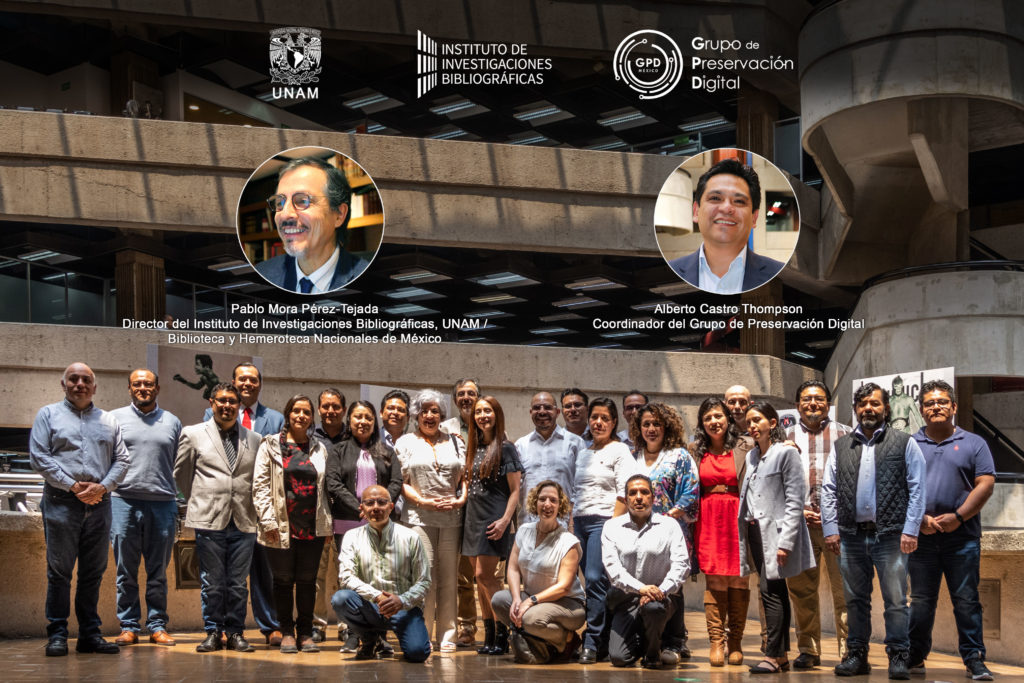
Formed in 2017 in Mexico, the Grupo de Preservación Digital (GPD) is a multidisciplinary and inter-institutional group that seeks to promote research and training in digital preservation. The group works to address the urgent need for collaboration in research and open discussion integrating diverse perspectives to produce guidelines, good practices, and policies reflecting a broad understanding of substantive tasks in and around the preservation of digital heritage materials. The group has enjoyed continued growth through the participation of not only its members, but many institutions and individuals interested in digital preservation. The GPD divides its work into three basic areas: Digital legal deposit, Research, and Technology- all of which reach the entire Spanish-speaking region. GPD hosts educational events, manages a Knowledge Base offering free access to, articles, books, and video recordings of presentations, created by the GPD, as well as a list of links to other resources.
For their work in continued advocacy for sustainable preservation of digital heritage materials, for their leadership in advancing practices and policies, and for their offering educational opportunities to the digital preservation community, we are glad to present this year’s Organization Award to the Grupo de Preservación Digital.
Congratulations to the Grupo de Preservación Digital team!
Projects
Projects are recognized for activities whose goals or outcomes represent an inventive, meaningful addition to the understanding or processes required for successful, sustainable digital preservation stewardship. This year’s awardee in the Projects category is The Reliable, Robust, and Resilient Digital Infrastructure for Nuclear Decommissioning project.
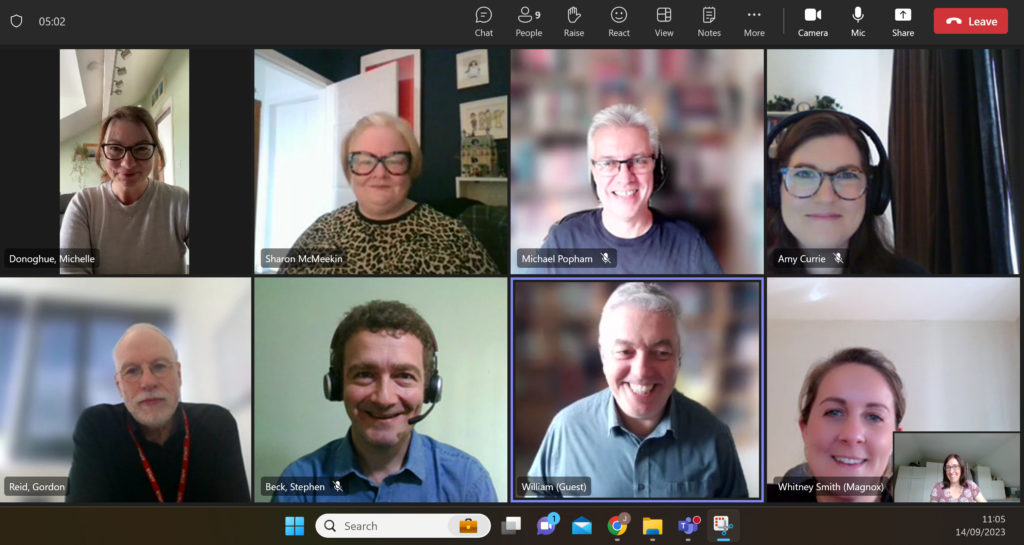
The project represents a four-year partnership between the UK Nuclear Decommissioning Authority (NDA) and the Digital Preservation Coalition (DPC). The NDA is charged with the complicated task of decommissioning and cleaning the seventeen principal nuclear energy plants in the UK. The work involved the preservation of data with an extended life cycle and significant security requirements. During the initial phase of the project, the team worked to understand legacy systems and data and adapt current systems to ensure long-term viability. In the course of this critical work, the project team not only considered the unique needs of the NDA, but also sought to make connections to the wider digital preservation community. Several resources for digital preservation program assessment and technology watch guides were created and shared in conjunction with the project.
Project team members include Simon Tucker (NDA), Martin Robb (NDA (retired), Michelle Donoghue (NDA), Bob Radford (Magnox), Whitney Smith (Magnox), Gordon Reid (Nucleus), Stephen Beck (Sellafield Ltd), Martin Denvir (Sellafield Ltd), Clare Gallagher, (Nucleus), Jenny Mitcham (DPC), Paul Wheatley (DPC), Michael Popham (DPC).
Congratulations to the NDA project team!
Sustainability
The Sustainability Awards were created to recognize those activities whose goals or outcomes make a significant contribution to operational trustworthiness, monitoring, maintenance, or intervention necessary for sustainable digital preservation stewardship.
This year’s awardees in the Sustainability category are Dr. David S.H. Rosenthal & Victoria Reich.
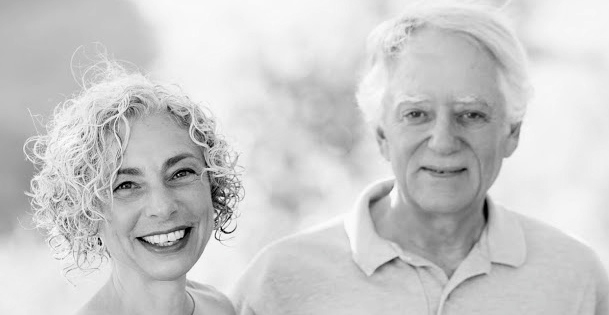
2023 marks a significant date for the LOCKSS Program: It is the twenty-fifth anniversary of the friendly hikes in Joseph Grant State Park and Big Basin where Victoria Reich and Dr. David S.H. Rosenthal first conceived of LOCKSS, “lots of copies keep stuff safe,” as a guiding principle for long-term access and preservation to digital library resources. It is also the twentieth anniversary of the transition of the LOCKSS project from beta testing in 2002 to full production release. In the words of the duo’s nominator, “Even if you don’t know David Rosenthal and Vicky Reich by name, you’ve almost certainly heard their rallying cry for digital preservation: Lots Of Copies Keep Stuff Safe. This ethos has informed digital preservation best practices since its introduction, and has shaped the design and implementation of the LOCKSS open-source software.”
David Rosenthal and Vicky Reich’s brainchild—and the enduring preservation networks that it has made possible—was at the leading edge of a global wave of digital preservation initiatives in the early 21st century. The effectiveness and reliability of LOCKSS software has been validated through rigorous third-party evaluation, including ongoing certification of the CLOCKSS archive as a trustworthy digital repository under the TRAC standard since 2014. The LOCKSS project has provided enduring proof of the concept that large-scale digital preservation work can be accomplished cost-effectively and with community benefits (not vendor profits) as the primary driver.
Rosenthal and Reich’s work on LOCKSS stands as a benchmark against which other approaches to digital preservation and persistent access to digital resources are measured.
Congratulations to all!
Excellence Awards Working Group
The 2023 NDSA Excellence Awards Working Group was led by co-chairs Kari May (University of Pittsburgh Libraries) and Matt McEniry (Texas Tech University Libraries), with members Julie Allen (Open Preservation Foundation), Chris Banuelos (Rice University Libraries), Sarah Middleton (Digital Preservation Coalition Representative), Dorothea Salo (University of Wisconsin-Madison), Jessica Venlet (University of North Carolina at Chapel Hill Libraries). Aliya Reich at CLIR provided administrative support for the entire awards process. In addition to information about the Excellence Awards group, the group’s website provides information on past winners.
